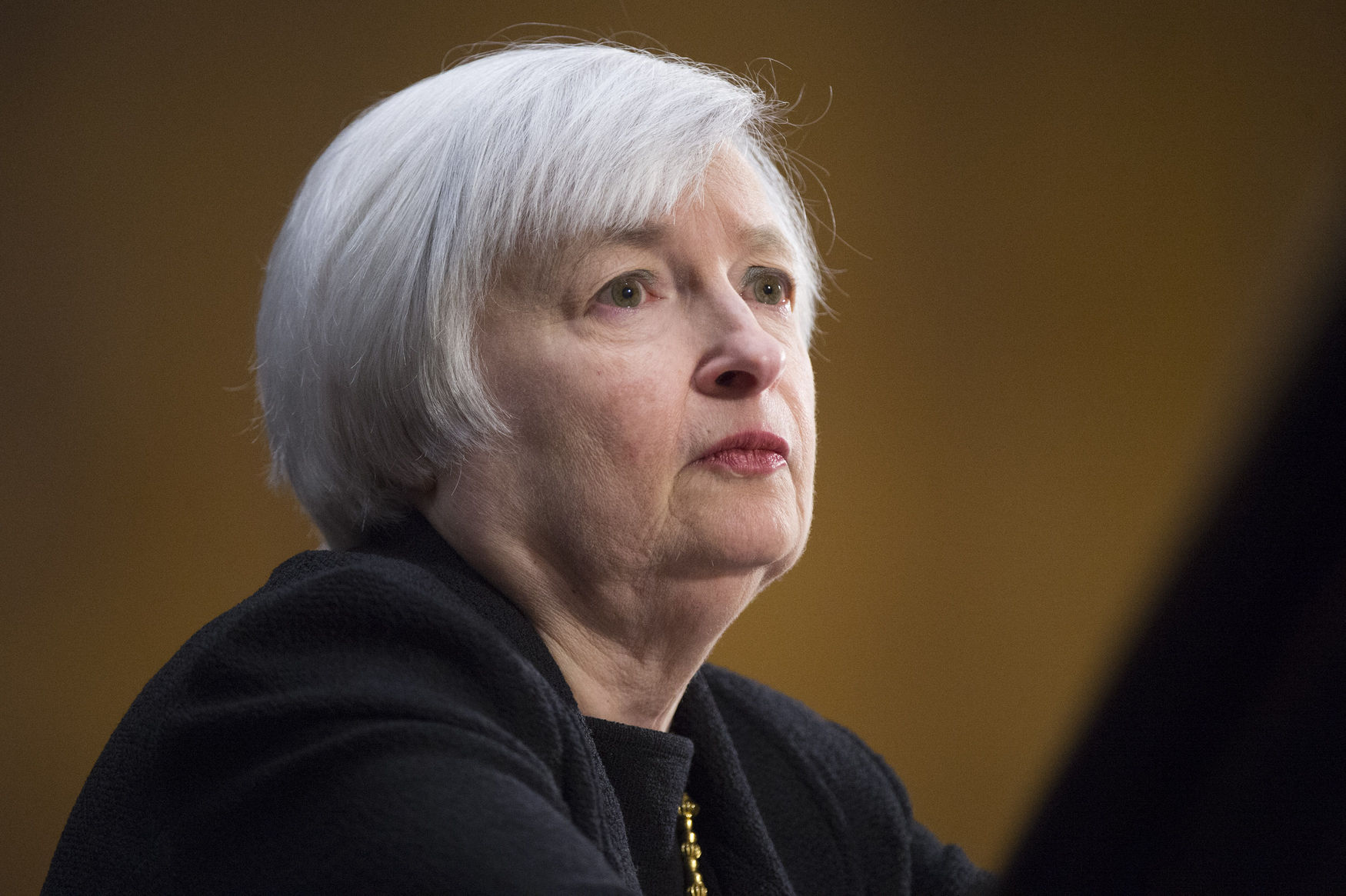Federal Reserve joins Hillary Clinton campaign team

Federal Reserve officials concerned that a Donald Trump presidency could lead to an audit are doing everything they can to keep the economic consequences of their misguided easy money policies from becoming apparent to voters ahead of the 2016 election.
We already know that there’s little love for Trump within the Fed based on campaign contribution data.
As Bloomberg reported earlier this month:
Trump, who accused Fed Chair Janet Yellen in October of keeping interest rates low as a favor to President Barack Obama, hasn’t collected a single donation from Fed employees, according to a review of Federal Election Commission data. Sen. Ted Cruz has received $2,000, while Sen. Marco Rubio has taken in $750. Hillary Clinton, the leading Democratic candidate, has received $18,239 this election season.
In addition to campaign hints that he supports auditing the central bank, the Fed’s internal disdain for Trump probably also has something to do with its revolving-door relationship with major Wall Street players. The Republican frontrunner has, despite being extremely wealthy, a strained relationship with members of the financial elite that predates his presidential campaign.
The Washington Post recently pointed out:
Trump’s relationship with Wall Street is complicated by decades of name-calling, lawsuits and big debts. He has sued Deutsche Bank, blaming the megabank for the financial crisis, but continues to rely on it to finance major projects. When his companies filed for bankruptcy, he bragged, it was the big banks that endured big losses – not him. He once called the dean of New York bankers, JPMorgan Chase chief executive Jamie Dimon, “the worst banker in the United States”.
More than a dozen Wall Street bankers told the newspaper that they fear Trump’s “unpredictable and combative” nature could cause problems for the nation’s big banks.
Hillary Clinton, on the other hand, is a major friend of Wall Street.
Sure, she’s giving lip service to getting Wall Street under control while on the campaign trail– but that’s only because she’s attempting to co-opt the rhetoric that has made Sen. Bernie Sanders so popular with many Americans.
So far, Clinton has raked in nearly $50 million in campaign contributions from big Wall Street names.
Now, back to the Fed and how it’s attempting to help Clinton win the election.
Last December, Fed officials announced that the central bank would begin raising interest rates with the goal of hiking them to between 0.75 and 1 percent at the end of 2016.
But in the months since the Fed has repeatedly walked back on that goal, blaming global economic weakness.
You can be sure that the Fed decision has little to do with economic conditions. After all, whether it reverses interest rates now or later doesn’t matter– Americans are going to feel the economic consequences of the end of easy money. Prices are going to go up for everyone.
But, as the New York Post’s John Crudele recently pointed out, current economic conditions are prime for the Fed to push ahead.
He wrote:
The prevailing view last week was that the Fed was giving in to the financial markets by cutting back on the number of anticipated rate cuts. And that might be a little bit of the reason.But the main cause of the “dovish” communiqué from the Fed last Thursday is a realization that business conditions are still weak and that economic statistics that say otherwise are wrong.If you take the data at face value, the economy grew at around a 2 percent annual rate in the first quarter. That’s mediocre, but still twice the rate of expansion at the end of 2015, when the Fed started hiking rates and vowed to raise them four times in 2016.Logically, the Fed should be twice as enthusiastic about rate hikes now than it was in December, when it raised borrowing costs for the first time in 10 years.
So why is the Fed holding off?
Because if Yellen acts and raises interest rates ahead of the election, Clinton won’t be able to use Obama’s phony economic turnaround as a selling point to put another Democrat in the Oval Office.
As CNN recently reported:
For the first time since President Barack Obama took office, the labor market is growing at a healthy clip and unemployment has returned to pre-crisis levels. Higher interest rates would increase the cost of everything from home loans to credit card borrowing and could put a damper on economic growth.
With Trump looking more and more like the eventual Republican nominee, the Fed will continue dragging its feet until Obama’s successor takes the helm at the White House. Then, we’ll all see that what they really mean by “recovery” is temporary trickery.
No comments:
Post a Comment
Thanks for commenting. Your comments are needed for helping to improve the discussion.